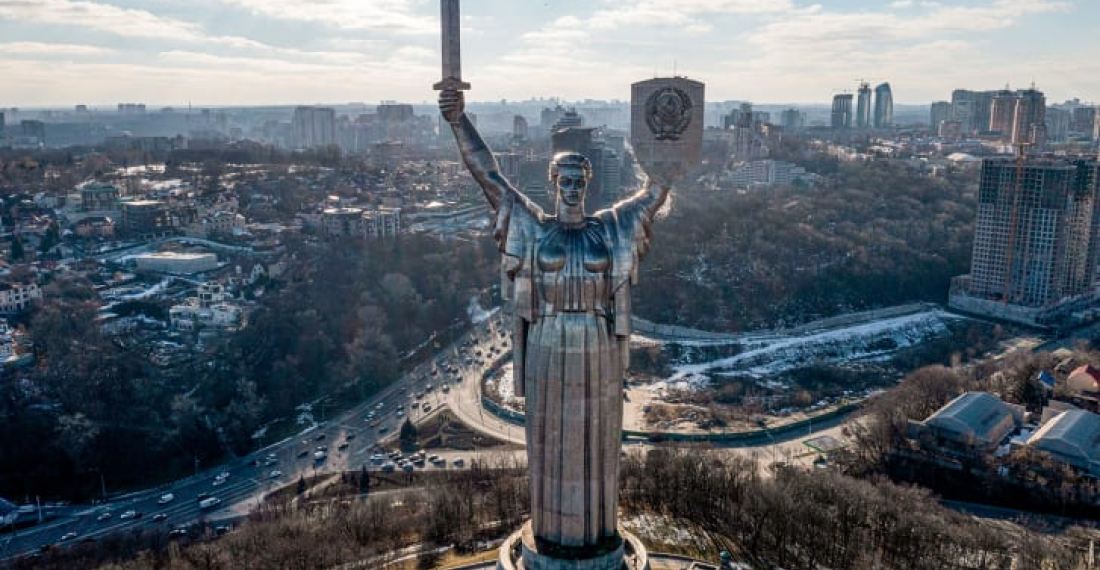There were reports of explosions in the Ukrainian capital Kyiv on Wednesday morning (14 December). City Mayor, Vitali Klitschko, said blasts rocked the central Shevchenkivskyi district and emergency services had been dispatched. Mr Klitschko later said the air defence had shot down 10 Iranian-made Shahed drones early on Wednesday.
The city's military administration said a drone fragment had hit two administrative buildings in the city centre. There are no details yet of any casualties.
Ukraine has accused Iran of supplying Russia with "kamikaze" drones used in deadly attacks on 17 October, which Tehran initially denied.
Iran later admitted sending Moscow a limited number of drones "many months" before the war.
In response, Ukraine's President Volodymyr Zelensky said this was a lie and that many more Iranian drones were being used.
Kyiv governor Kuleba said: "The air defence system is operating. It's important now to stay in shelters and safe places. Russia is continuing its energy terror against our country. But we are getting stronger daily."






